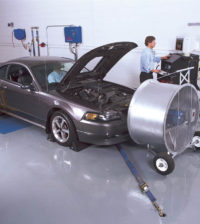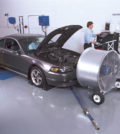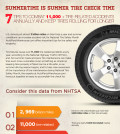- Summertime is Summer Tire Check Time: 7 Tips To Combat 11,000+ Tire-Related Accidents Annually — and Keep Tires Rolling for Longer
- 10 DIY Tips to Add Years to a Vehicle’s Life & Minimize Expensive Repairs
- Defensive Driving Tips to Avoid Costly Repairs As Wintery Driving Conditions Continue to Plague Roads
- AutoPartsWarehouse.com 2013 Child Passenger Safety Tips and Resource Guide
- Top Five Parts to Make Your Vehicle More Fuel Efficient
10 Interesting Car Facts You Probably Didn’t Know Until Now
You may know a lot about your car–the way it works and how to diagnose various issues. You’re most probably familiar with Federal and local driving laws and road regulations. But there are still plenty for you to learn especially about the automotive industry and its history. Check out these 10 facts and learn some things you probably didn’t know before:
1. The first recorded car accident happened in Ohio City, Ohio in 1891.
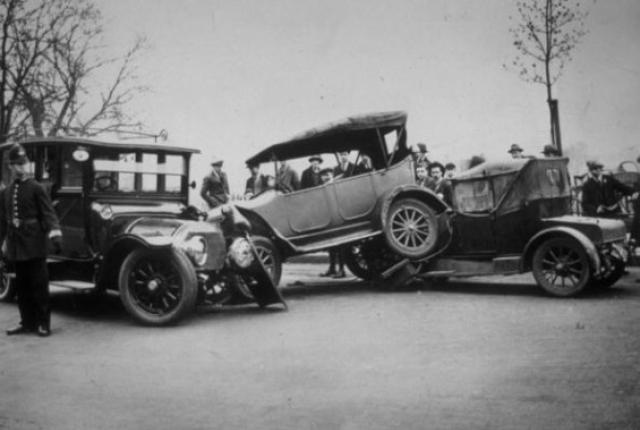 Source: MentalFloss
Source: MentalFloss
Well, it depends on your definition of a car, but the first accident involving a gasoline-powered automobile was recorded in Ohio City in 1891, when Engr. James Lambert encountered a little trouble while driving one of his inventions—a buggy. The buggy ran into a root of a tree that’s sticking out of the ground, causing Lambert to lose control. It then swerved and collided into a hitching post. Lambert and another passenger suffered minor injuries.
2. In Russia, it is a criminal offense to drive around in a dirty car.
 Source: FactSlides
Source: FactSlides
Yes, it is a finable offense in the said country but only if grime has made the car’s registration plate illegible. But because not all Russian drivers are aware of this regulation, many traffic cops take advantage of it, stopping drivers and demanding fines regardless of the vehicle’s cleanliness.
3. The person who invented the cruise control was blind.
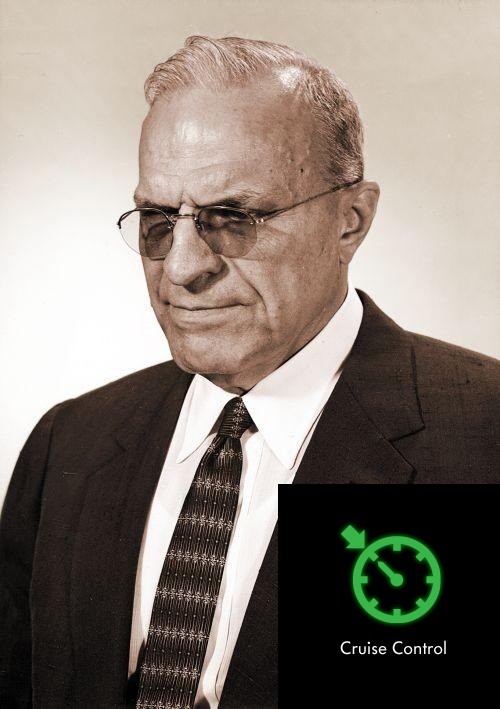 Source: SBTCarNews
Source: SBTCarNews
Ralph Teetor, the inventor of automotive cruise control became blind due to an accident when he was age 5. Despite his disability, he graduated with a degree in mechanical engineering at the University of Pennsylvania. He then became the president of The Perfect Circle Co., an auto parts manufacturer in Hagerstown, Indiana. One day, while on a car with his lawyer, he got annoyed by the vehicle’s movement when the lawyer would slow down when talking to him and speed up while listening. It annoyed him so much that he got determined to invent a speed control device. It took him 45 years to develop the device and got its design patented. Chrysler is the first automaker to use the cruise control.
4. In California, lane-splitting is allowed but only 53% of Californians know that it is legal.
 Source: scpr.org
Source: scpr.org
The driver of a motorcycle zipping past your car between the lanes in slow moving or stopped traffic won’t be reprimanded by California cops. But the problem is, almost half of the drivers in said state don’t know about this rule that they sometimes go out of their way to stop such practice when they see it coming.
5. In the early 20th century, cars were seen as a solution to urban pollution.
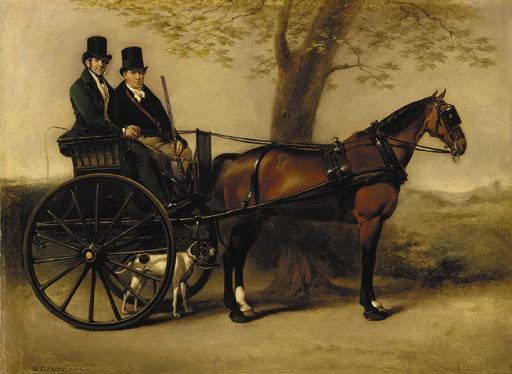 Source: Pinterest
Source: Pinterest
Isn’t it ironic that automobiles, which are a major contributor to today’s atmospheric pollution, were actually seen by urban Americans in the early 20th century as a “green” alternative to horse carriages? That time, the horses were causing too much pollution with their poop that even critics agreed to the adoption of horseless carriage as the solution.
6. Google is the first company to be issued the first vehicle license for self-driving cars; Nevada is the first state to have such autonomous car legislation.
 Source: AmericanSafetyCouncil
Source: AmericanSafetyCouncil
Nevada has authorized self-driven cars on its roads; the law took effect March 1, 2012 with Google’s autonomous cars as the first ones to get their first self-driven vehicle license. These cars navigate the roads through information sent out by various lasers, radar sensors, and video cameras fitted on them.
7. In 1900, only 22% of cars in America were powered by gasoline; 40% of them were run by steam, and 38% were electrically powered.
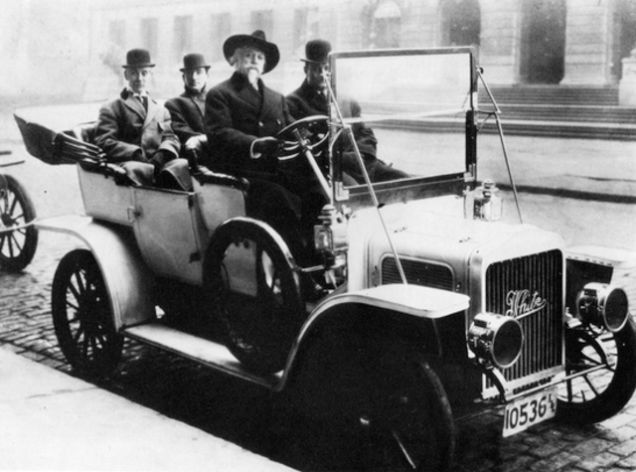 Source: Gizmodo
Source: Gizmodo
Yes, steam-powered cars were really popular at the turn of the 20th century. In fact, according to the 1990 Census, out of the 4,192 vehicle produced in the U.S., 1,681 of them ran on steam, 1,575 were electric, and only 936 were powered by gasoline.
8. The number of cars in LA is bigger than its population; vehicles occupy about 24% of the city’s total ground area.
 Source: Forbes
Source: Forbes
Perhaps, this is the reason Los Angeles became the 2nd largest metro area that suffers the most congestion, the 7th longest commute times, and the 2nd most hours spent in traffic per resident.
9. Volvo saves one life every 6 minutes by simply keeping the three-point seatbelt design patent open and available for other automakers to copy for free.
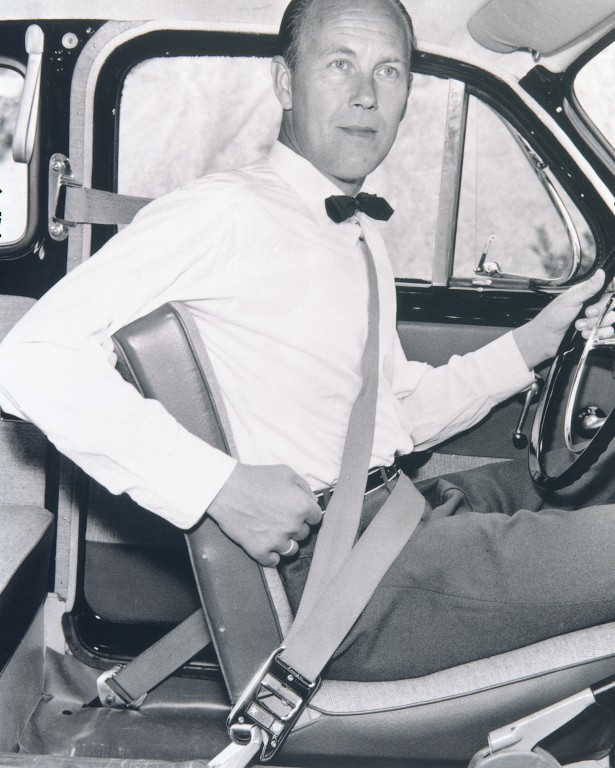 Source: Sweden.se
Source: Sweden.se
Developed by Swedish inventor and safety engineer in 1959 for Volvo, the three-point seatbelt is now a standard requirement for every passenger vehicle. Statistics say that this vehicle safety feature saves about one life in every six minutes.
10. The inventor of intermittent windshield wipers offered his idea to the automakers but was turned down. He sued automakers that used the patented concept, and won.
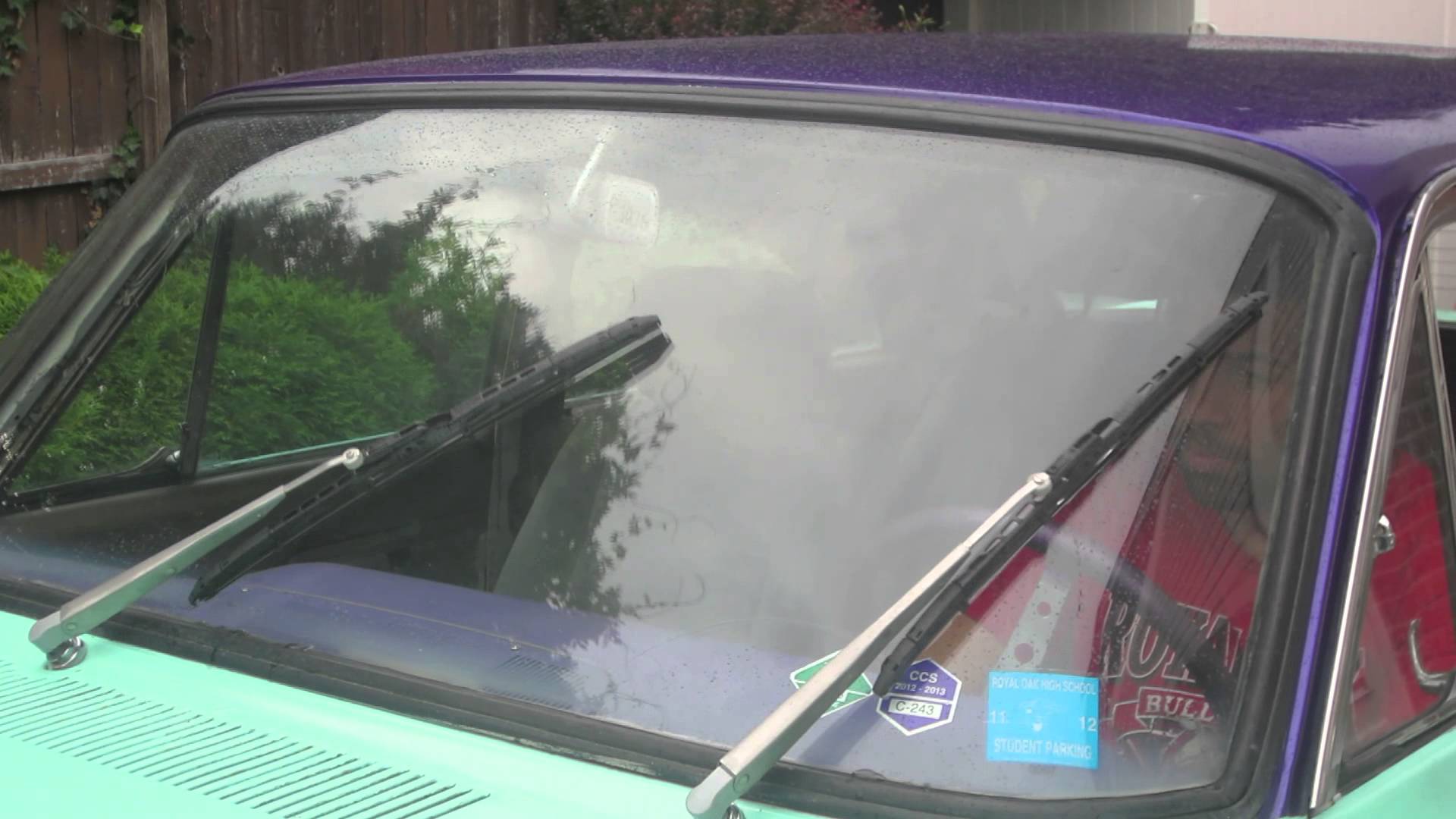 Source: YouTube
Source: YouTube

